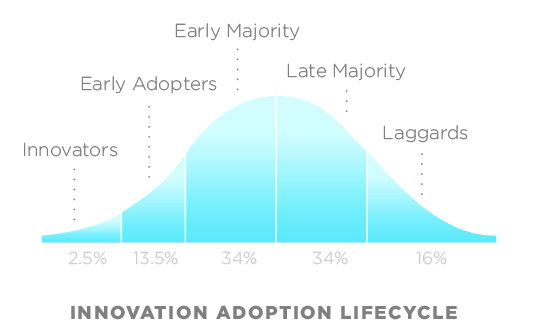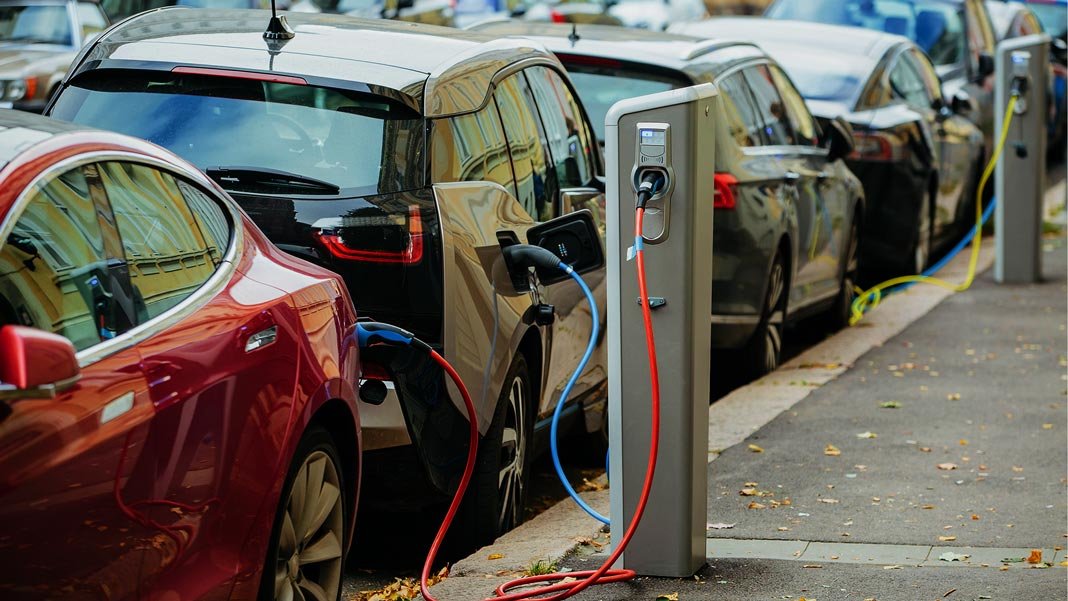According to some estimates, by 2025, most electric cars will be cheaper than their combustion equivalents. This thanks mainly to the drop in the price of batteries and the economies of scale that will be achieved with the increase in the production of these types of vehicles. Effects that on the other hand are already beginning to be seen with the arrival of increasingly affordable electric cars on the market.
The results of this breeding ground are not long in coming. Numerous countries have seen sales of electric cars multiply in recent months (for example, in January, Italy saw sales of this type of vehicle increase by 587% compared to the same period last year).
By 2023, electric car buyers will no longer be early adopters, but customers who will appreciate the advantages of electric cars over combustion cars, which will increasingly face more restrictions on circulation in large cities. However, there will still be some aspects to solve, such as the load for those drivers who do not have a garage.
On the other hand, the total conversion of the car park will take between 20 to 25 years, as buyers of second-hand cars will continue to bet for a long time on combustion models (something that will gradually change, according to the second-hand market).
Although it is still early to give specific dates, the evolution of electric car sales in regions such as Europe or China shows that this type of vehicle is gaining ground faster than expected even though parity has not yet been reached of prices. Therefore, by the end of the decade, electric cars may already account for the bulk of sales in certain countries.


